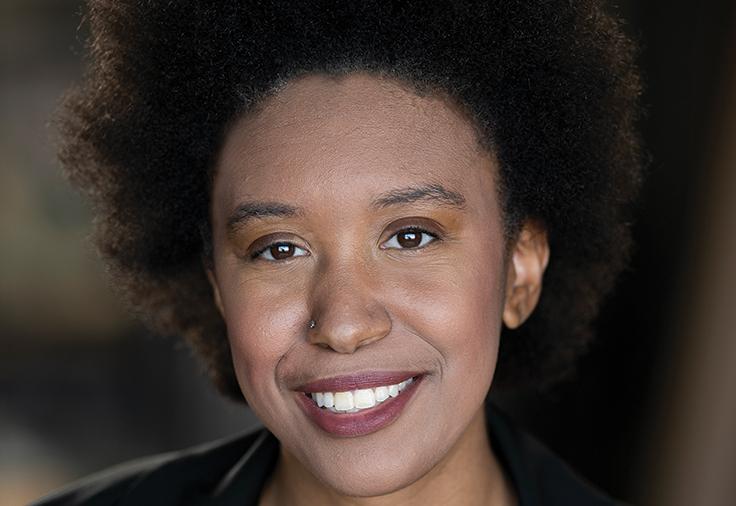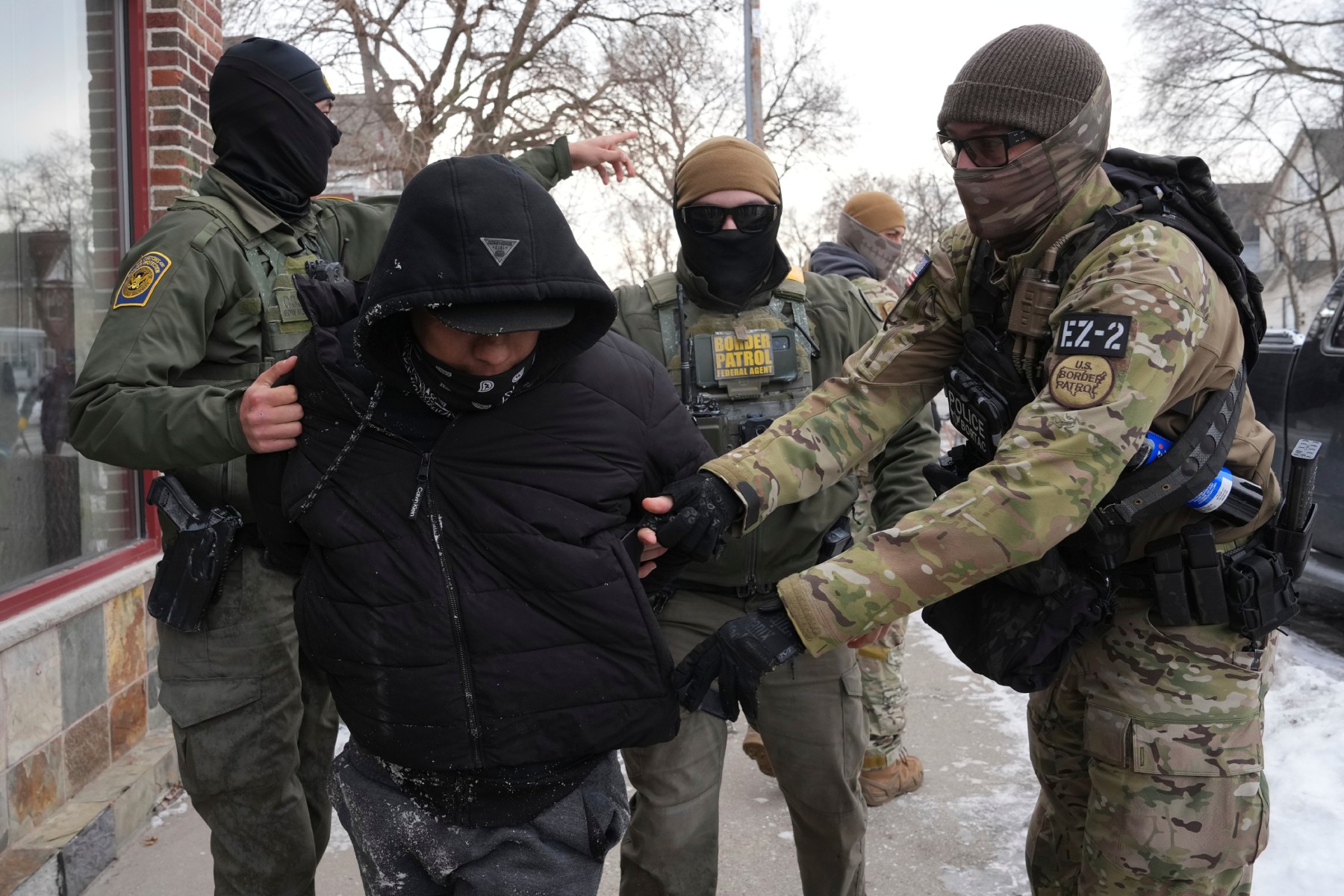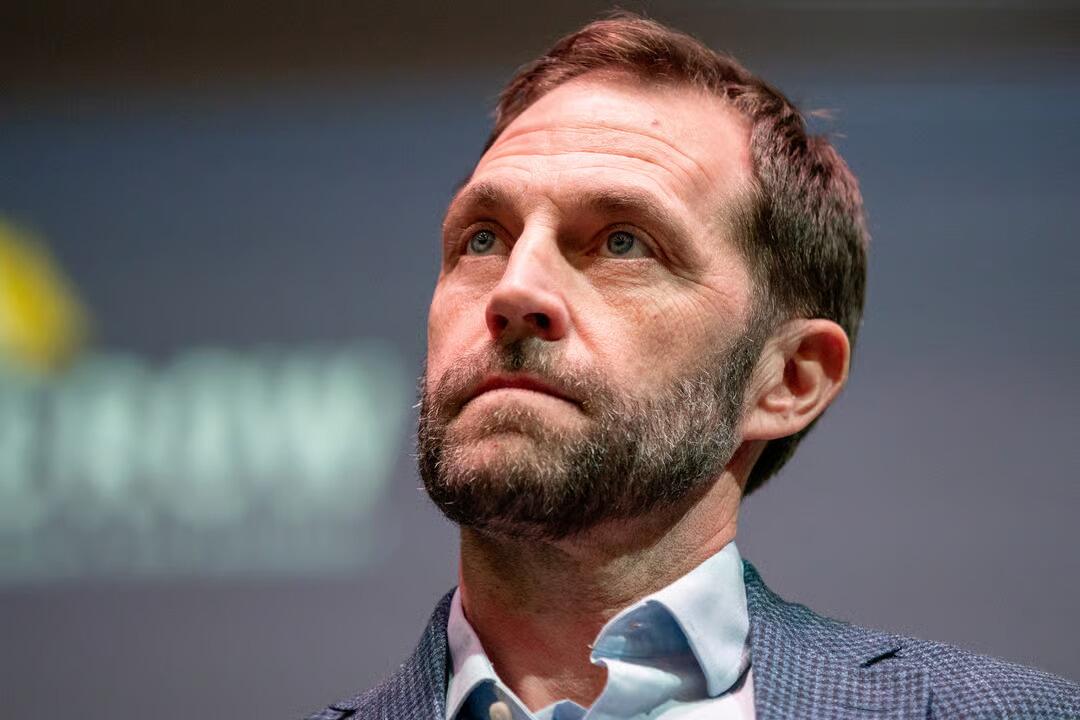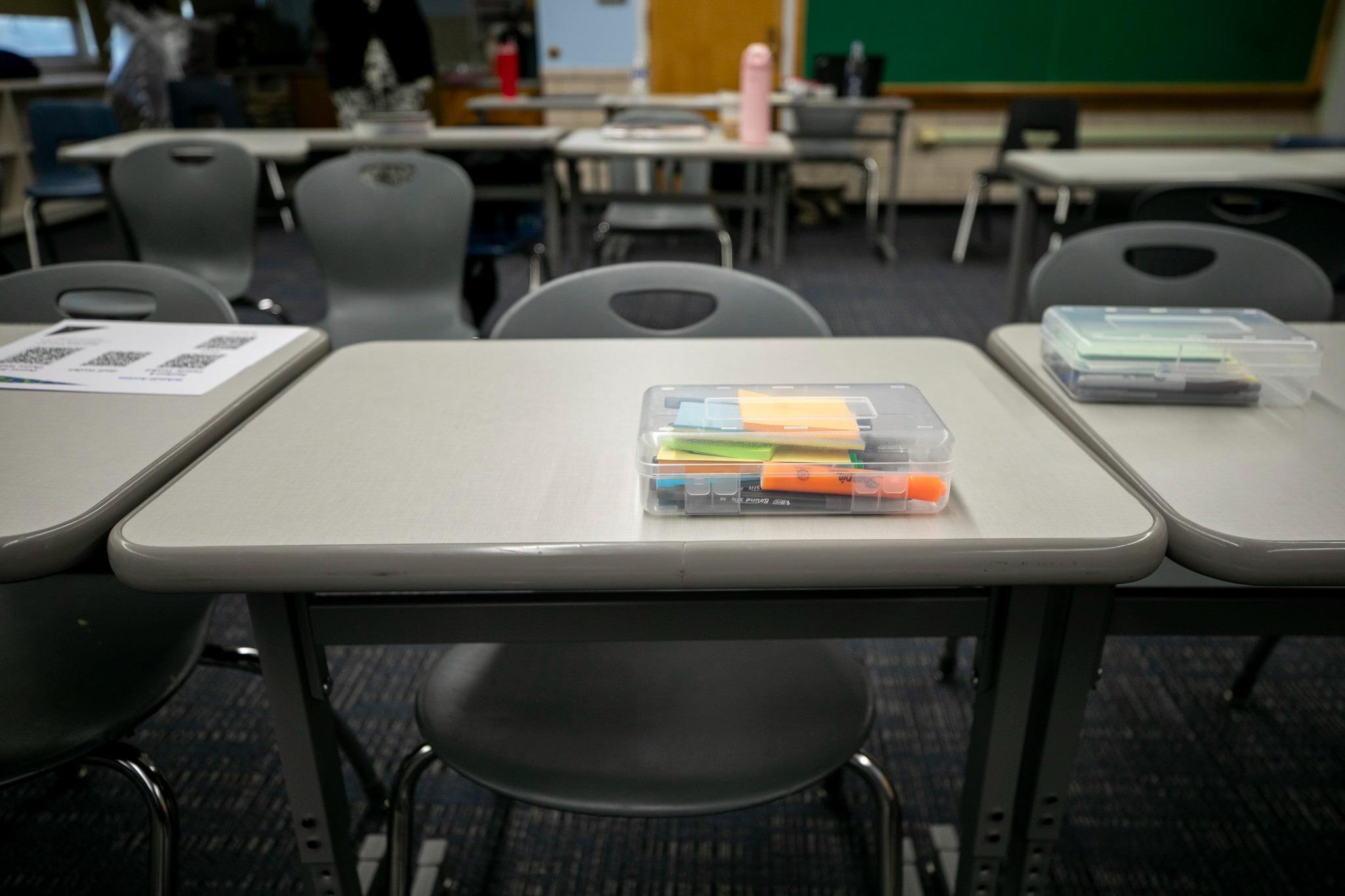
Four proposals geared to encourage people to become early childhood educators were advanced Thursday by the state’s interim Early Childhood and School Readiness Legislative Commission. The draft bills will be introduced in the next legislative session which starts Jan. 8, 2020.
According to Rep. Emily Sirota, a Democrat, the need for early childhood educators will increase by 20 percent over the next 10 years.
“At the same time, we don’t have the workforce to meet these needs,” Sirota said. “We have a lot of families and children needing high quality care.”
One of the proposals creates scholarships and apprenticeship programs for early childhood educators. The apprenticeship program would be administered by the Colorado Department of Labor and Employment. The second bill would create a public awareness campaign with the intent of increasing the numbers of early childhood workers. It’s called the Helping Others Manage Early Childhood Act.
There are three pieces to the second measure: raising awareness of what children need to know when entering kindergarten to families, providing workshops so people who are interested in going into the field know the steps for licensure to become an educator and then additional workshops for people to learn how to open a preschool or early childhood center.
Republican Rep. James Wilson, a former educator from Chaffee County, said the bill “builds one up on the other.”
“Information, opportunity for more people to get into the profession, and third — more centers for our children,” he said.
The third bill expands the pool of providers that the Colorado Department of Human Services can provide technical assistance and financial incentives to increase overall ratings. The idea is to expand the ability for providers to tap into quality improvement training funding.
The last bill requires the Department of Human Services to develop and execute a program for early childhood mental health consultations. The idea is that mental health professionals will consult with families, caregivers and educators on what the best practices are for meeting both the developmental and mental health needs of children up to 8 years old. It also would provide the certification process for these consultants.
Democratic Rep. Julie McCluskie said that there are currently only 34 early childhood mental health consultants in the state that provide services to both teachers and families. According to the representative, the state needs 438.
“Ultimately, I think [this] ensures their success,” McCluskie said.









